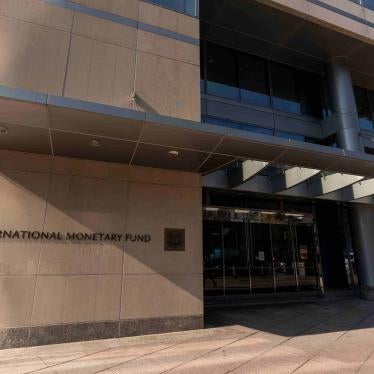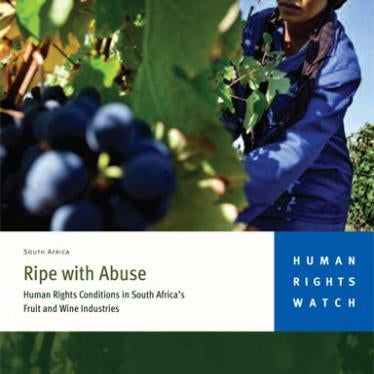As government officials gather in Washington DC next week for the International Monetary Fund (IMF) and World Bank Annual Meetings, social security systems around the world are at risk. Faced with a looming debt crisis, governments, often encouraged by international financial institutions, are cutting social spending, leaving millions of people without their right to adequate social security.
The coverage gap between countries is set to widen as the IMF and World Bank push low- and middle-income countries toward programs targeting only “those most in need,” presented as the only affordable option, while dismissing universal schemes as too costly for all but rich countries.
Today, the Global Coalition for Social Protection Floors published five case study briefs authored by a group of economic justice, human rights, and faith-based organizations, exposing the failure of IMF and World Bank-backed programs.
- In Argentina, while slashing care services and food programs, the government has failed to ensure adequate pensions, with minimums now below the poverty line, and has restricted non-contributory pensions, after IMF pressure to limit them to “those with the greatest need.”
- In South Africa, the government introduced stricter means tests and budget cuts to the largest social assistance program for adults aged 18 to 59, a program partly World Bank funded, leaving half of those below the food poverty line without access. Instead of supporting progressive taxes to expand the program, the IMF prioritizes debt repayments, pitting social security against public services.
- In Serbia, the government introduced an algorithmic system to determine eligibility for social assistance as part of a World Bank loan condition to support “public sector efficiency.” Poor data quality and automation bias have led to widespread exclusion errors.
- In Sri Lanka, a severe economic crisis coupled with IMF loan conditions dramatically increased the cost of living, with half the population living in poverty. But new World Bank-backed poverty targeted social assistance program has high error rates and coverage among those in poverty low.
But another policy brief demonstrates how universal social security systems can be both affordable and feasible even in low-income countries, without relying on means-testing first. Initial costs can be as low as 0.1-0.4 percent of GDP. For example, Nepal’s universal pension began with all people over a given age, which has been lowered over time.
Globally, the resources exist to establish human rights economies, which would include tackling tax avoidance and evasion, and funding rights-aligned social security systems. Doing so is not just feasible but would reduce inequality and foster a more just and stable future.









